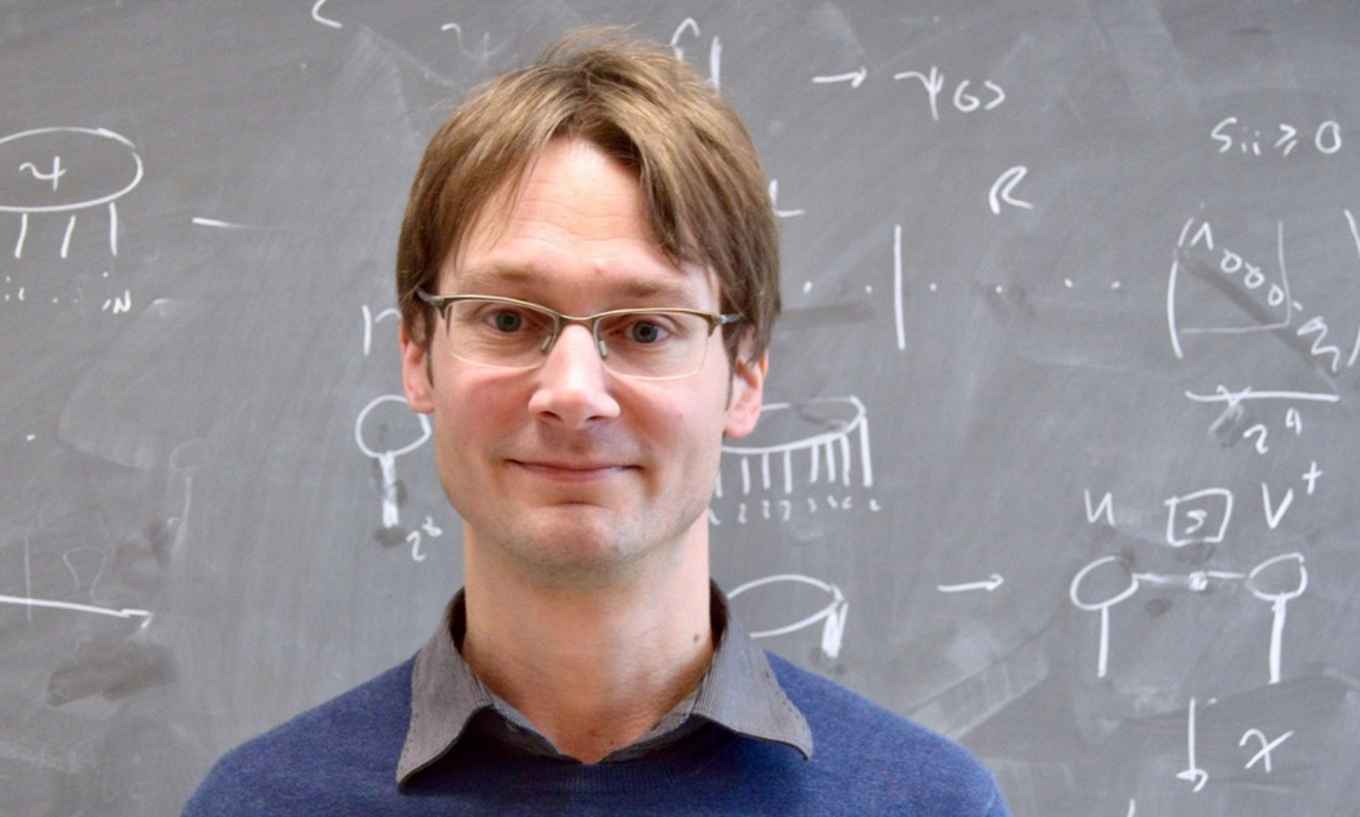ERC Consolidator Grant for Philippe Corboz
9 December 2020

The program that Corboz will set up using the grant is called State-of-the-art Simulations of Quantum Many-body Systems with the Next-generation Tensor Network Algorithms. Consolidator Grants are intended for researchers who obtained their PhDs 7 to 12 years ago. The grants enable the researchers to consolidate their position as independent researchers.
Tensor networks
Elementary building blocks at the smallest scales – atoms, molecules or even smaller elementary particles – sometimes cause effects that are only visible at much larger scales of materials. This effect is known in physics as emergence. Understanding the emergent phenomena in quantum mechanical many-body systems with strong interactions is one of the key challenges for physicists. A famous example is superconductivity at high temperatures (where ‘high’ is still 100-200 degrees below zero on the Celsius scale), an effect which was discovered experimentally more than 30 years ago, but for which the detailed explanation is still one of the biggest puzzles in physics.
Another prominent example is systems of interacting particles with spin, relevant for certain classes of materials that show a variety of magnetic phenomena. The same systems give rise to novel exotic states of matter called quantum spin liquids. The accurate study of all these systems is in general very challenging, in particular because standard numerical approaches often fail. In recent years, substantial progress has been achieved with numerical approaches based on ideas from quantum information theory: the ‘tensor network methods’ in the title of Corboz’s proposal. The goal of his project is to develop the next generation of tensor network methods, and to use these methods to shed new light on all sorts of challenging open problems, including high-temperature superconductivity, quantum spin liquids, and other novel states of matter.